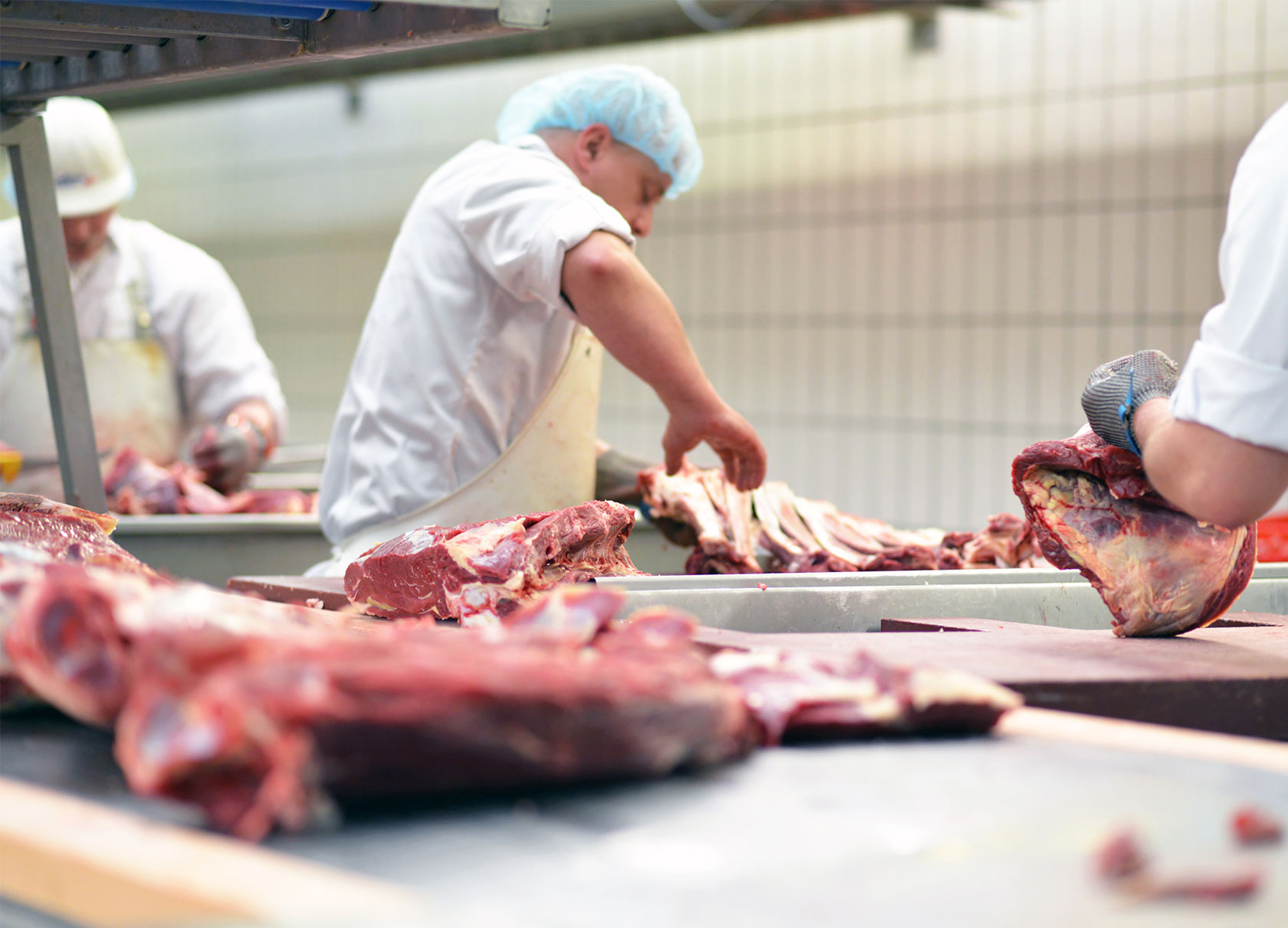
Among the most pressing issues are the rising costs driven by inflationary pressures, increased regulatory burden, and the lasting impacts of Brexit, including the significant additional costs of trading with the European Union.
However, my aim here is to take the opportunity to shed some light on the labour-related challenges facing the industry, and emphasise the urgent need to address this issue pre-emptively rather than waiting for a critical situation.
There are two key challenges related to labour in the meat processing industry. Building a skilled domestic workforce and ensuring access to migrant workers. To ensure a thriving workforce, it is essential to have and maintain good access to both.
The physical demands, geographic isolation, and limited flexibility of these roles make it difficult to fill all positions with a domestic workforce alone. Migrant workers play a vital role in bridging this gap, ensuring that businesses can meet their staffing needs and maintain operations effectively.
Processors are investing in initiatives such as apprenticeships, graduate schemes and internal butchery academies as well as automation but continue to face significant challenges.
Butchery apprenticeships are not always available in the regions where they are most needed and schools prioritise academic progression, making it difficult for vocational sectors to engage with students.
Greater flexibility is also needed in the apprenticeship levy. Businesses are limited in how this is used, and it excludes, for example, shorter courses or developing apprenticeship trainers and assessors.
Attracting and upskilling a domestic workforce is a long-term process that requires sustained investment and support. To succeed, businesses need more targeted assistance and policy adjustments.
In addition to efforts to recruit domestically, there are increasing concerns about the availability of migrant workers. Despite common misconceptions, migrant labour is not a source of cheap labour. The rise in the minimum salary threshold to £37,800 for Skilled Worker Visas in April last year has rendered this route unfeasible for the meat processing sector. This is because the threshold significantly exceeds typical starting salary levels for abattoir workers and butchers, creating an artificially high barrier that does not align with the industry’s pay structure.
In addition to the minimum salary threshold, employers face an extra cost of approximately £10,000–£15,000 per worker, further exacerbating the inflationary pressures imposed by the Skilled Worker Visa.
The average UK graduate salary is approximately £34,000, but this figure drops to below £30,000 when London is excluded. The industry is not advocating for cheap labour but is calling for a more realistic and nuanced approach that accounts for the diverse salary levels across different sectors.
Since Brexit and the loss of easy access to the European workforce, businesses have worked hard to adapt to the new system. And, now the Skilled Worker Visa route is unworkable, internal competition between sites for available labour has intensified, adding pressure to the system. All this affects the profitability and margins of businesses, undermining their capacity to invest and grow.
Lack of workers not only jeopardises food security but also risks devaluing the significant efforts made by UK farmers and producers to uphold high standards, while increasing the opportunity for imported goods produced under less stringent regulations and at lower costs.
While the current situation remains stable, there is growing concern within the industry surrounding the availability of staff. This is a critical moment for the government to act proactively, rather than waiting to respond retrospectively to a deepening crisis. Thoughtful, sector-specific solutions are needed to safeguard the future of businesses and the broader economy.
We are the UKs largest trade body for the meat industry and provide expert advice on trade issues, bespoke technical advice and access to government policy makers
We are proud to count businesses of all sizes and specialties as members. They range from small, family run abattoirs serving local customers to the largest meat processing companies responsible for supplying some of our best-loved brands to shops and supermarkets.
We are further strengthened by our associate Members who work in industries that support and supply our meat processing companies.
We are the voice of the British meat industry.

17 Clerkenwell Green
Clerkenwell, EC1 0DP
Tel: 020 7329 0776